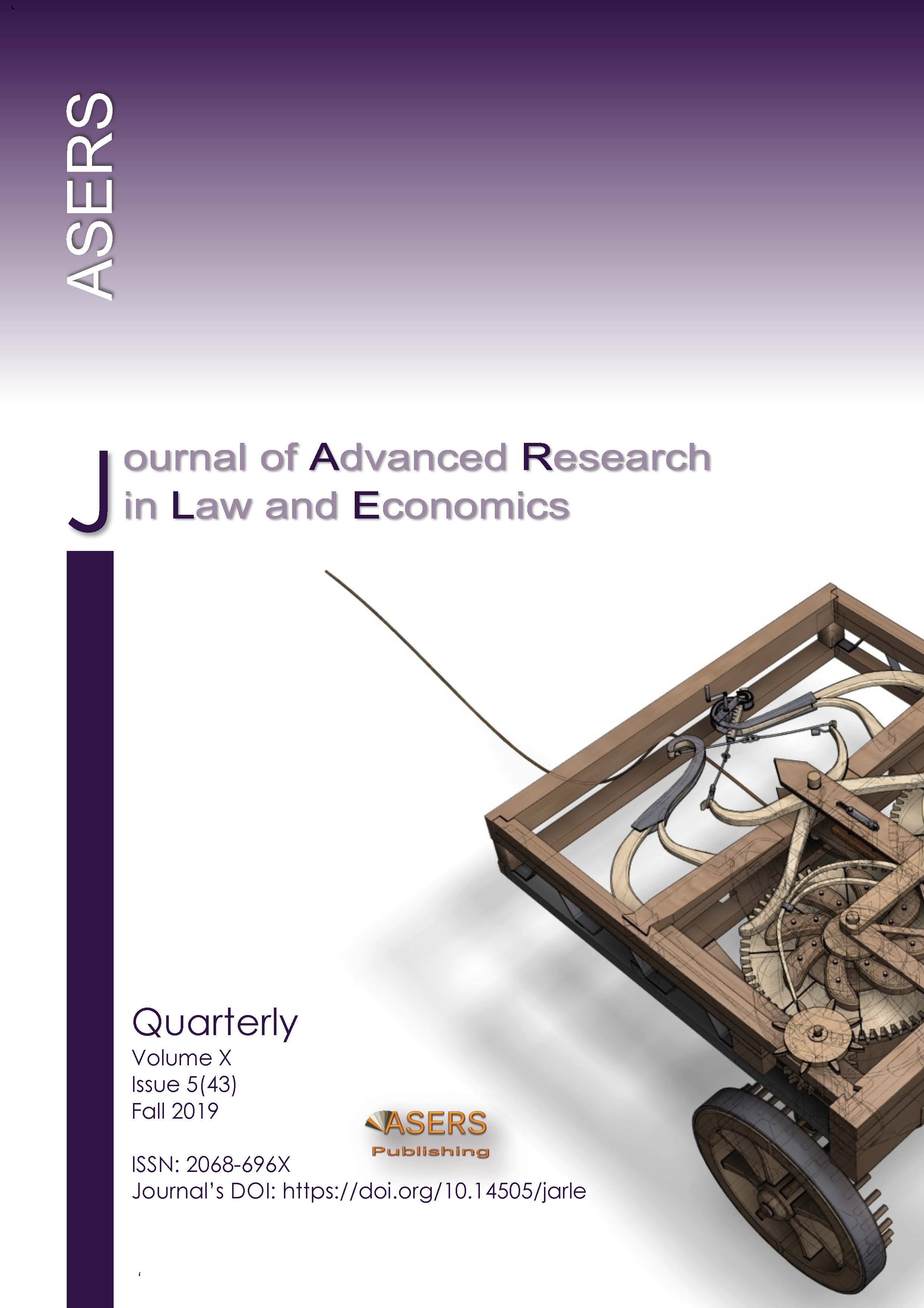From Liability Based on Fault Principle towards Presumption of Liability Principle in Medical Disputes
From Liability Based on Fault Principle towards Presumption of Liability Principle in Medical Disputes
Author(s): Ari PURWADI, Umi ENGGARSASI, . SuhandiSubject(s): Law, Constitution, Jurisprudence, Civil Law
Published by: ASERS Publishing
Keywords: fault principle; medical disputes; liability presumptions.
Summary/Abstract: Professional mistakes made by a doctor when doing patient care and causing the patient to become injured or die, then the actions of doctors are said to have committed malpractice. The Medical Practice Law provides the right to claim a civil suit to the court. In general, compensation claims are based on civil liability using Article 1365 BW. Article 1365 BW contains liability based on errors and it is not easy to determine when professional errors occur. Article 66 paragraph (3) of the Medical Practice Law stipulates that if there is a malpractice event, there is a possibility that the patient has the right to claim a civil suit to the court. The plaintiff (patient) will get compensation if he succeeds in proving the defendant's (doctor's) mistake, which is difficult for the patient to prove the doctor's fault. To provide objective and balanced legal protection for patients and doctors, the use of the presumption principle is always liable because it is difficult to prove the errors of the doctors. The use of the principle of presumption of being always liable will not burden the doctor because it is possible to use the principle of reverse proof. Doctors can use the principle of reversed evidence if the doctor is not guilty of malpractice by arguing that the doctor has done a good and proper job working professionally, and using the prudential principle.
Journal: Journal of Advanced Research in Law and Economics (JARLE)
- Issue Year: X/2019
- Issue No: 43
- Page Range: 1517-1524
- Page Count: 8
- Language: English
- Content File-PDF

